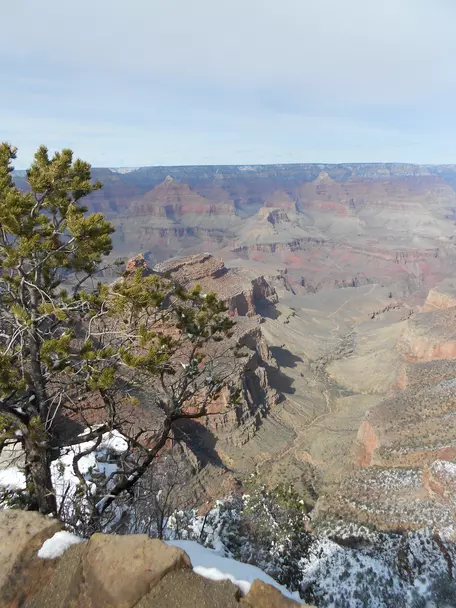Selected Essays
We asked participants in the
2012 Teaching About Time workshop to write essays about their experience and expertise related to teaching and learning about temporal concepts. We also invited a few other scholars of temporal learning to share their thoughts. The essays below are a selected subset of those essays, highlighting insights from research and teaching. Additional essays are linked from the
workshop participants page.
Kip Ault (
Professor Emeritus, Lewis & Clark College) presents his recent and "ancient" thinking about teaching about geologic time: how geoscientists use temporal reasoning in our work, and how elementary school children conceive of time.
Erica Crespi (
School of Biological Sciences, Washington State University) discusses how it is essential for biology students to develop an understanding of multiple time scales (from milliseconds to billions of years) and presents her current pedagogical strategies to tackle the subject.
Jeff Dodick (
Science Teaching Center, The Hebrew University of Jerusalem, Givat Ram Campus) discuss his research focused on the cognitive processes needed for understanding geological time and his instructional models for teaching this subject.
Erika Grundstrom (
Physics & Astronomy, Vanderbilt University & Fisk University) discusses the advantage of teaching about astronomical-scale distances before trying to tackle issues of Deep Time.
Francis Jones (
Department of Earth and Ocean Sciences, University of British Columbia) explains that defining clear learning goals is the first step to helping students understand any new topic. He has completed concept inventories about geological time and landscape formation, and has re-designed courses to couple geologic, biologic, and environmental processes through time.
Doug Lombardi (
Educational Psychology, University of Nevada, Las Vegas) reports on research finding that students with an understanding of Deep Time are better able to evaluate the plausibility of human-induced global climate change.
Laura R. Novick (
Psychological Sciences, Vanderbilt University) describes a study she and Kevyn Catley conducted, demonstrating that university students' estimates of the dates of seven key historical and evolutionary events in Deep Time are extremely variable and tend toward forward telescoping.
Ilyse Resnick (
Psycology, Temple University) explains how there is a cognitive disconnect between how humans store temporal information and the linearity of time. She presents a research-based method of teaching geologic time using "hierarchical alignment" to overcome this disconnect.
Mark Schmitz (
Geosciences, Boise State University) presents his ideas of four strategies geoscientists use to understand Deep Time and suggests that our students can benefit from the same strategies.
Steve Semken (
School of Earth and Space Exploration, Arizona State University) discusses the advantage of teaching about time in a free-choice (informal) setting to reach audiences that may not have had Earth Science in high school or beyond.
Read more essays by following links from the workshop participants page.


